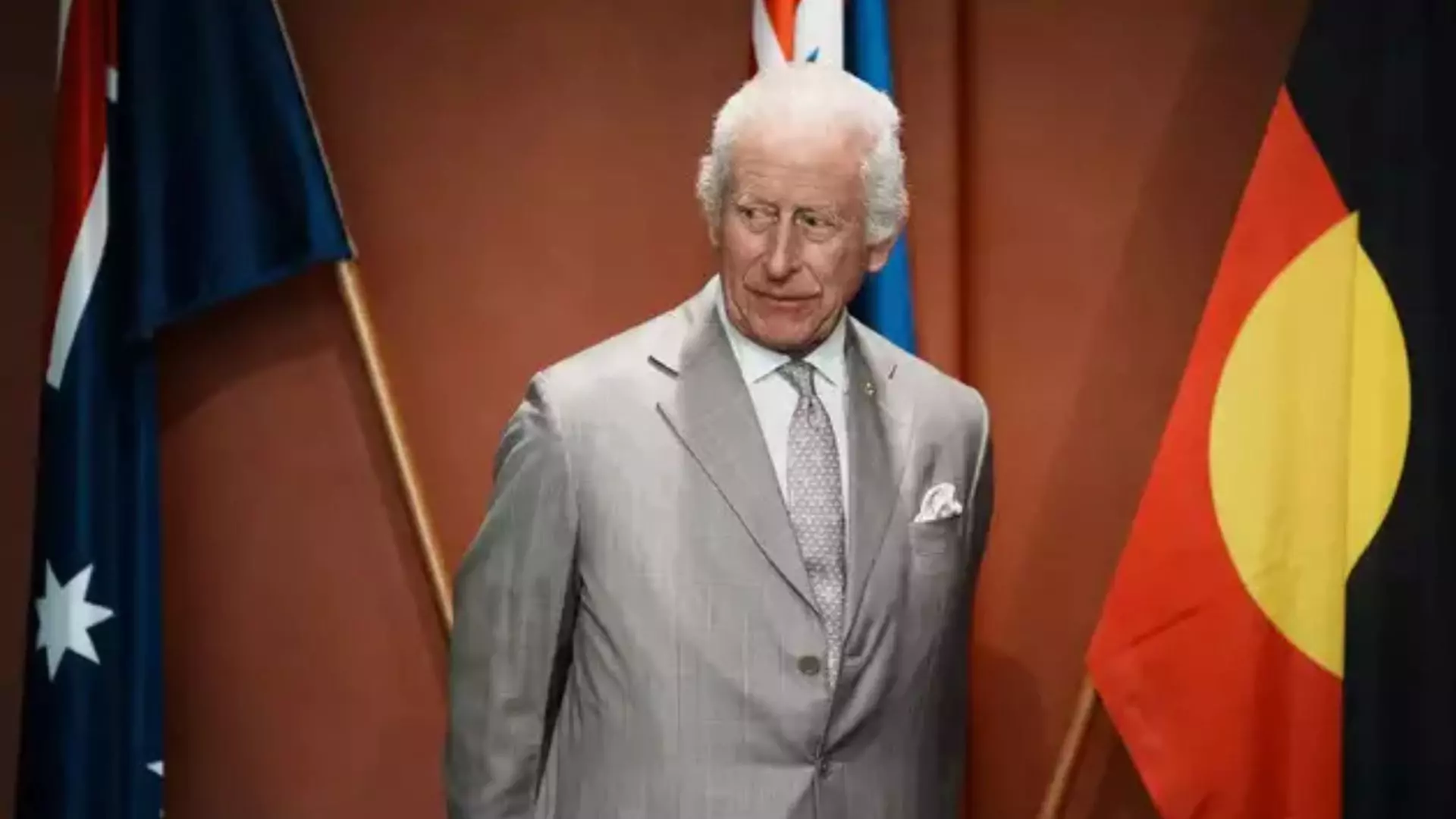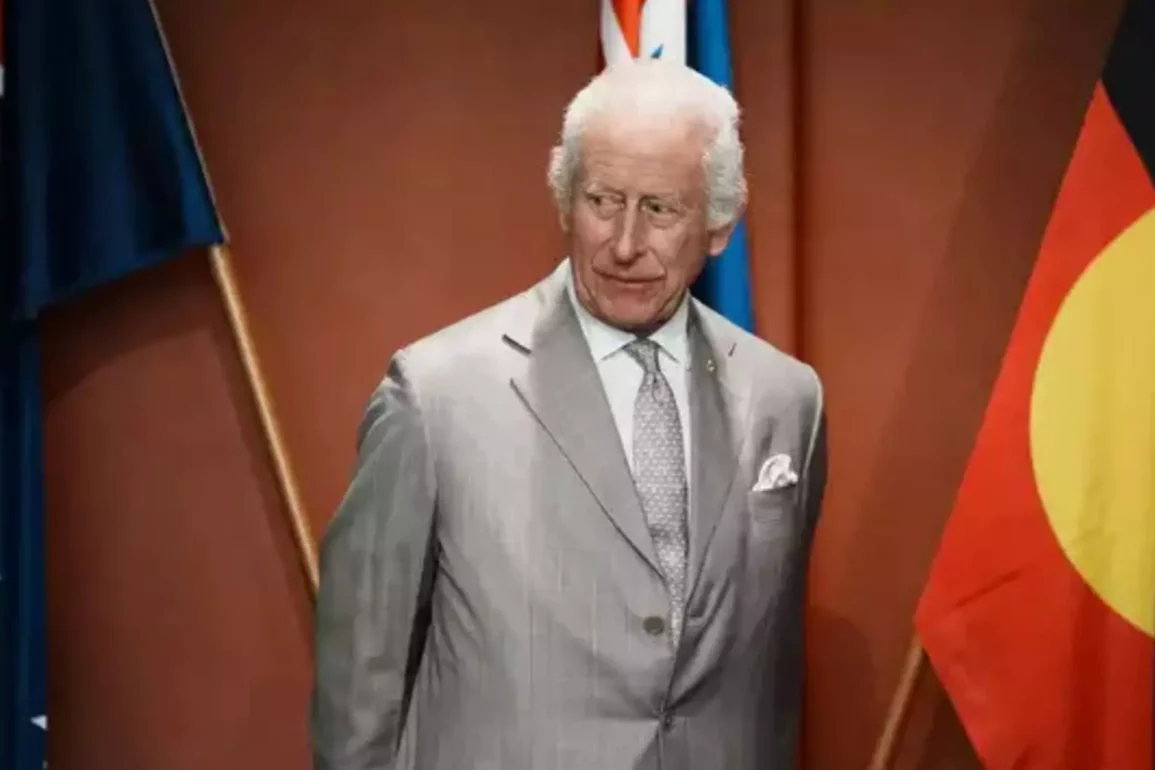
Caribbean leaders emphasized the generational scars left by centuries of oppression and enslavement under British rule.
At the recent Commonwealth Summit, the painful legacy of British colonialism and its traumatic effects on both Indigenous populations and enslaved Africans came to the forefront of discussions. Addressing the issue, Caribbean leaders emphasized the generational scars left by centuries of oppression and enslavement under British rule. One such leader highlighted the stark injustice, arguing that while enslavers were compensated with vast sums of money when slavery was abolished, those who had endured enslavement and their descendants were left with nothing.
“There was nothing for them to start with and build on – no land, no money, no training, no education,” a representative from Saint Vincent and the Grenadines (SVG) told The Guardian, drawing attention to the profound and lasting consequences of slavery. He argued that this historical deprivation continues to hinder the development of Caribbean nations, creating a legacy that remains unresolved to this day.
Colonial Legacies and Reparations Debate
The issue of reparations has long been a topic of discussion in the Caribbean and other regions impacted by colonial rule. The call is not merely for financial compensation but for an acknowledgment of the extensive damage caused by centuries of exploitation. This sentiment was echoed by many leaders at the summit, who emphasized that addressing colonial wrongs must go beyond monetary solutions. The focus is also on recognizing the enduring impact on generations of people and rectifying those injustices with sincerity and transparency.
“The call for reparations isn’t simply about financial compensation; it’s about recognising the enduring impact of centuries of exploitation and ensuring that the legacy of slavery is addressed with honesty and integrity,” said one of the leaders advocating for the cause. This perspective highlights the multifaceted nature of reparations, which includes healing deep wounds, restoring dignity, and providing opportunities for future generations.
The Commonwealth Reflects on its Colonial Past
Patricia Scotland, the outgoing secretary-general of the Commonwealth, addressed the sensitive topic in her opening remarks. Acknowledging the painful history that binds many Commonwealth nations, she celebrated the organization’s capacity to unite despite such a fraught past.
“For 75 years, we have demonstrated an unparalleled ability to confound the painful history which brought us together and sit together as equals,” she remarked, signaling that while the Commonwealth’s colonial roots are undeniable, its potential as a force for unity and progress is equally significant.
Reparations and Non-Traditional Solutions
Joshua Setipa, a candidate from Lesotho vying for the position of Commonwealth secretary-general, presented an alternative approach to reparations during the summit. He proposed that reparations could take forms beyond traditional financial compensation, such as climate financing. This suggestion links the reparations conversation to global challenges, including the climate crisis, which disproportionately affects former colonies and small island nations.
“We can find a solution that will begin to address some injustices of the past and put them in the context of what is happening around us today,” Setipa stated, advocating for innovative forms of compensation that could both address historical wrongs and benefit communities struggling with the effects of climate change.
King Charles Addresses Development and Climate Challenges
In his address to the summit, King Charles III acknowledged the enduring challenges faced by Commonwealth nations, paying tribute to his late mother, Queen Elizabeth II, and her dedication to the organization. His speech extended beyond the legacy of colonialism to focus on the pressing issues of development and climate change.
“Lives, livelihoods and human rights are at risk across the Commonwealth,” King Charles said, urging leaders to take decisive action on these challenges. He warned that without sustained efforts, inequalities would only deepen, leading to increased division and potential conflict within the Commonwealth and beyond.
King Charles’ remarks highlighted the interwoven nature of historical injustices and contemporary global issues, calling for unified action to address both.
Moving Forward with Reparations
The Commonwealth Summit’s focus on reparations, colonial legacies, and modern challenges such as climate change indicates a growing recognition of the need for justice and acknowledgment of the past. Leaders from across the Commonwealth are urging for solutions that not only address the financial impact of colonialism but also tackle the broader socio-economic and environmental crises that stem from that legacy.
ALSO READ: Justin Trudeau Faces Resignation Calls from Liberal Party: Will He Step Down?


